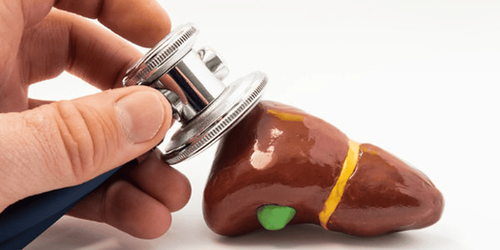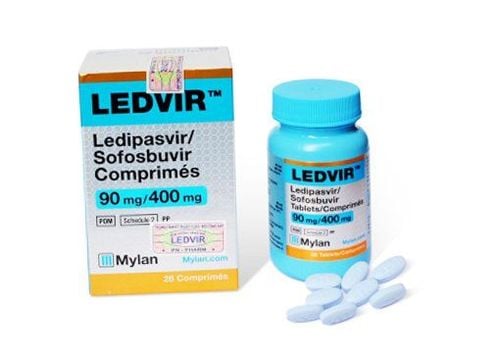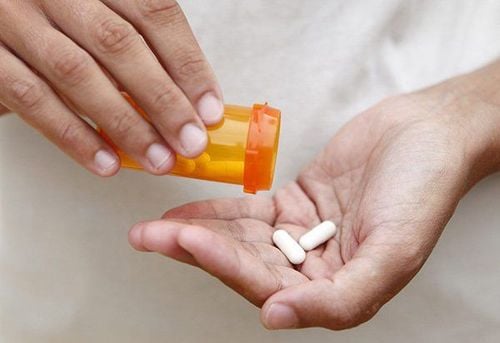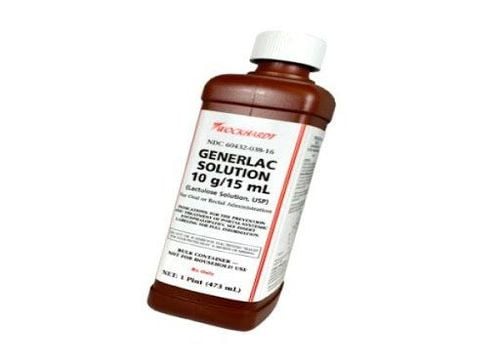This is an automatically translated article.
Like autoimmune hepatitis in adults, autoimmune hepatitis in children is an autoimmune disease in which the body's immune system attacks liver cells. There is currently no cure for autoimmune hepatitis. Treatment is aimed only at controlling the condition.
1. What is autoimmune hepatitis in children?
Like adult autoimmune hepatitis, childhood autoimmune hepatitis is an autoimmune disease in children in which the body's immune system attacks liver cells. Normally, the immune system does not have a mechanism to attack the body's own cells. However, in autoimmune hepatitis, the immune cells get confused and attack the liver cells again, causing hepatitis and liver failure in the absence of prompt treatment.
The cause of autoimmune hepatitis in children is mainly genetic. Factors such as bacteria, viruses, toxins, and medications contribute to an increased risk of autoimmune hepatitis in children.
2. Symptoms of autoimmune hepatitis in children
Fatigue is the most common sign of autoimmune hepatitis in children.
TÌnh trạng cơ thể mệt mỏi ở trẻ là dấu hiệu của viêm gan tự miễn
Nosebleeds, bleeding gums and bleeding under the skin, dark urine, silver stools, nausea and vomiting are also common manifestations. Early stage, abdominal examination shows enlarged liver, larger left lobe. In the late stage, liver atrophy, splenomegaly (with enlarged lymph nodes), ascites, collateral circulation. Skin changes (yellow skin), allergic capillary inflammation, erythema or erythema multiforme. Endocrine disorders, many acnes, hirsutism and cracked skin. In boys, there are also manifestations such as breast enlargement, thyrotoxicosis,... Appear some other autoimmune diseases in children such as streptococcal pneumonia. renal failure, pleural effusion, atelectasis, alveolar fibrosis, chronic anemia, and frequent infections.
3. Diagnosis and treatment of autoimmune hepatitis in children
3.1. Diagnosis of autoimmune hepatitis Diagnosis of autoimmune hepatitis is based on the following methods:
Take medical history and observe symptoms. Blood tests: Blood tests to measure liver enzyme levels. Liver enzyme levels will determine the degree of inflammation of the liver. Liver biopsy: Take a small piece of liver tissue, examine it with a microscope to accurately diagnose autoimmune hepatitis in children.
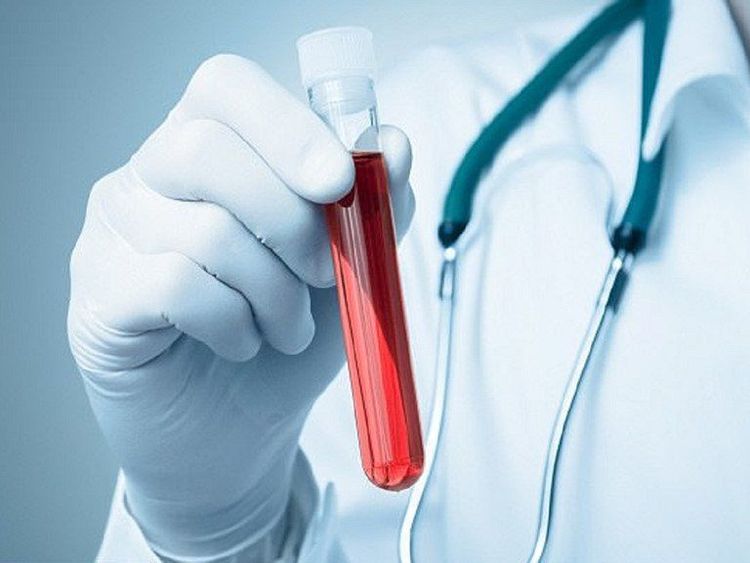
Xét nghiệm máu giúp chẩn đoán viêm gan tự miễn
3.2. Treatment of autoimmune hepatitis There is no cure for autoimmune hepatitis. Treatment is aimed only at controlling the condition. Treatments include:
Medication: Medicines can stop or slow the progression of the disease and reduce some damage to the liver. Drugs used to treat autoimmune hepatitis are mainly corticosteroids (prednisone and azathioprine). Liver transplant: This is the best option for treating autoimmune hepatitis in children. Because there are some cases where the drug does not respond or because the disease is not detected early. Or when cirrhosis is more advanced than the liver will not be able to perform its normal function, the child needs a liver transplant.
Currently, Vinmec International General Hospital has Hepatobiliary Screening packages, which help detect Hepatitis Virus at an early stage even when there are no symptoms. In addition, the comprehensive hepatobiliary screening package helps customers:
Assess the liver's ability to work through liver enzyme tests; Evaluation of bile function; vascular nutrition; Early screening for liver cancer; Perform tests such as Total blood cell analysis, blood clotting ability, screening for hepatitis B, C Assessment of hepatobiliary status through ultrasound images and diseases that have the potential to affect liver disease/cause liver disease. more severe liver disease In-depth analysis of parameters to evaluate hepatobiliary function through laboratory, subclinical; the risk of affecting the liver and early screening for hepatobiliary cancer
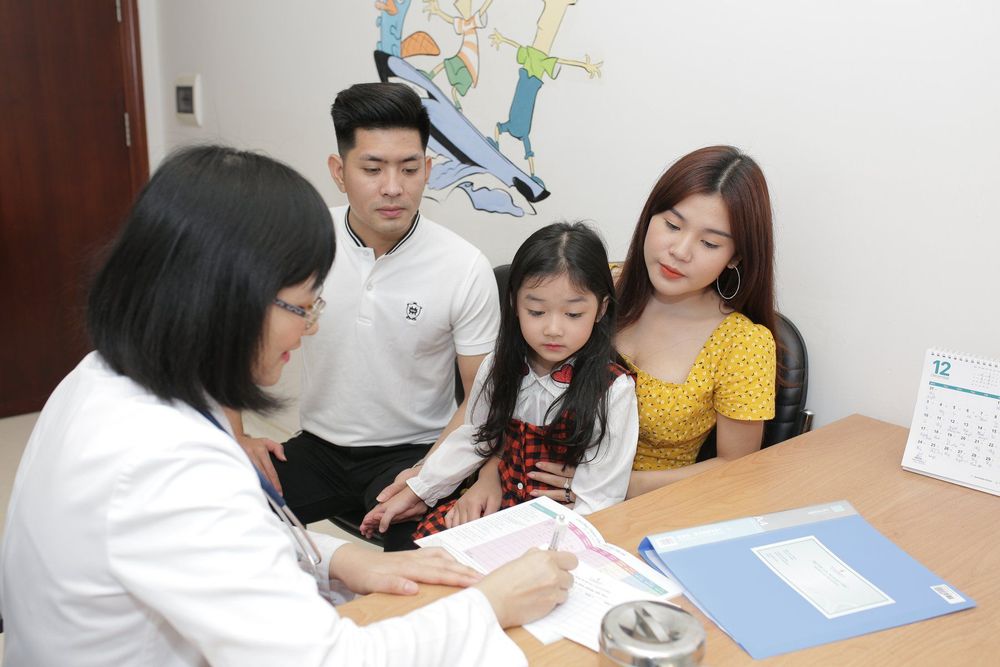
Khi trẻ có triệu chứng của viêm gan tự miễn, cha mẹ cần đưa trẻ đến gặp bác sĩ ngay
To register for examination and treatment of hepatobiliary diseases at Vinmec International General Hospital, you can contact Vinmec Health System nationwide, or register online HERE.




